Breast vs. Formula: Navigating the Feeding Debate with Confidence
Few parenting choices spark as much conversation—and sometimes controversy—as how we feed our babies. The “breast vs. formula” debate has been around for decades, often filled with strong opinions, societal pressures, and personal guilt. But here’s the truth: every family is different, and there’s no one-size-fits-all answer.
Let’s break down the facts, bust some myths, and offer support for parents navigating this deeply personal decision.
The Benefits of Breastfeeding
Breastfeeding is often recommended by health professionals for several well-documented reasons:
Nutritional Superiority: Breast milk is perfectly designed for infants, containing the right balance of fats, proteins, vitamins, and antibodies that protect against infections.
Bonding: The skin-to-skin contact during nursing can enhance bonding between parent and baby.
Health Benefits for Mom: Breastfeeding may reduce a mother’s risk of certain cancers and help with postpartum recovery.
Cost-Effective: Breast milk is free, requiring no bottles, formula, or sterilization (unless pumping).
However, while breastfeeding offers these benefits, it isn’t always easy—or even possible—for everyone.
The Benefits of Formula Feeding
Formula has come a long way and is a safe, nutritious alternative for feeding infants:
Convenience and Flexibility: Anyone can feed the baby, making it easier to share responsibilities or return to work.
Predictable Intake: Formula feeding allows caregivers to measure exactly how much the baby is eating.
Less Physical Demand: Breastfeeding can be physically and emotionally taxing, especially with latching issues, low milk supply, or pain. Formula provides an option without that pressure.
Formula-fed babies grow and thrive every day. It’s not “second best”—it’s just a different path.
Let’s Talk About Pressure and Shame
Many new parents feel judged no matter what they choose. The pressure to breastfeed can feel intense, even if it's not working. Others may feel shamed for using formula or weaning early. The truth is:
Some parents can’t breastfeed for medical, mental health, or logistical reasons.
Some babies struggle to latch or have dietary needs that require formula.
Some parents choose formula from day one—and that’s valid, too.
Feeding your baby should not come with guilt. Fed is best isn’t just a slogan—it’s a lifeline for so many.
Making the Best Choice for Your Family
When deciding how to feed your baby, consider:
Your physical and mental health
Your baby’s needs and behavior
Your support system
Your lifestyle, work situation, and overall well-being
If you want to breastfeed but are struggling, know that help exists: lactation consultants, support groups, and pediatricians can guide you. If you’re considering or already using formula, know that you are still giving your baby exactly what they need—nourishment and love.
In Conclusion: It’s Not a Competition
Whether your baby is nourished by breast, bottle, or a combination of both, what matters most is that they are loved, cared for, and growing well.
Let’s move beyond judgment and offer support to all parents. Because at the end of the day, we’re all doing our best—and that’s more than enough.
Need to talk about your babies feeding pattern or have questions about feeding in general?
From the mouth of other parents:
Breastfeeding came quite easily to me with both my kids. I was lucky. While other things about parenting young kids has been challenging for me, feeding them has been easy. I am grateful for that! Anonymous
I had never been against formula but just assumed I would breastfeed so when it didn’t work out, I wasn’t necessarily prepared
I wish new moms would be given more grace to combo feed until they get the rhythm of breastfeeding (and their milk comes in) … the blur of the first few days/weeks is so intense and compounded by feelings of failure if you’re struggling to breastfeed
I felt most supported by formula-feeding instagram accounts - I had a public health nurse still tell me that breast was A+ and formula was A … at the same public health appointment that they check in on your feelings postpartum, Such dated and unacceptable phrasing.
Formula feeding worked so well for us. We were able to have family members support, husband was able to take some night feeds (hello a full nights sleep 1/week was our arrangement!).
People unfortunately still focus on the cost of formula. Yes, it is outrageously expensive, but if it is what works and doesn’t jeopardize your mental health, or allows you a solution to physical challenges, do it. Hands down, do it. Whitney
